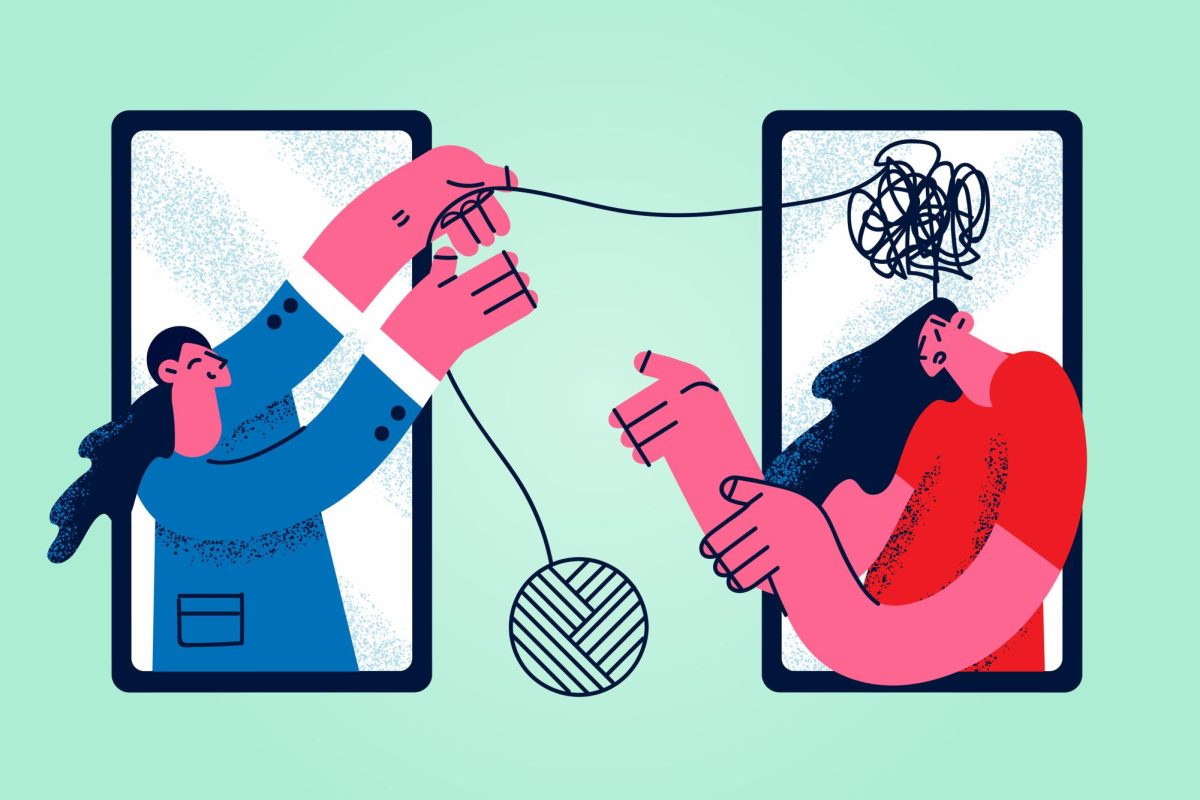In an era where our lives are increasingly intertwined with digital devices, the debate surrounding technology’s impact on mental health has never been more pertinent. From the addictive allure of social media to the constant connectivity afforded by smartphones, the digital age presents both opportunities and challenges for mental well-being.
The Double-Edged Sword of Connectivity
At its best, technology connects us in unprecedented ways. During the recent global pandemic, digital platforms became essential, facilitating remote work, education, and social interactions that would otherwise have been impossible. However, this constant connectivity also presents significant challenges. A study from the University of Stanford highlights a rise in anxiety and stress-related disorders linked to persistent digital engagement. The issue is compounded by the ‘always-on’ culture prevalent in many workplaces, where the expectation to respond to e-mails and messages outside of regular working hours leads to burnout, sleep disturbances, and a blurred line between professional and personal life. Moreover, the omnipresence of technology can hinder face-to-face interactions, with some individuals preferring digital communication over in-person conversations. This shift can lead to a decrease in the development of critical social skills and a sense of isolation, despite being more ‘connected’ than ever.
Social Media and Authenticity:
Social-media platforms, while fostering connections, have also been scrutinized for their impact on self-esteem and body image. The ‘highlight reel’ effect, where users compare their everyday lives to the idealized images posted by others, can lead to feelings of inadequacy and depression. A survey conducted by the Mental Health Foundation found that 42% of young adults felt “worse about their bodies” after viewing certain images on social media. This phenomenon is particularly concerning among teenagers, who are at a critical stage of developing their identities and self-esteem. The addictive nature of social media also plays a role. The design of these platforms often leverages the dopamine-driven feedback loop, where the anticipation of likes, comments, and shares can lead to compulsive behaviors and excessive use. This constant need for validation and the fear of missing out, or FOMO, can exacerbate feelings of anxiety and loneliness. Despite these challenges, there are positive aspects of social media, including the ability to connect with like-minded communities, access support groups, and engage in social activism. The key is to cultivate a healthy relationship with these platforms, setting boundaries and being mindful of their impact on our mental health.
What’s Next?
The role of policymakers and educators in this conversation is pivotal. Initiatives that promote digital literacy, ensuring that individuals are equipped to navigate the online world safely and healthily, are essential. Furthermore, policies that encourage ethical tech practices, like transparent algorithms and measures to combat cyberbullying, can create a safer online environment. In conclusion, technology’s impact on mental health is multifaceted, and its influence continues to evolve; as we become increasingly reliant on digital tools, understanding and addressing the psychological effects of this digital revolution is not just necessary, it’s imperative for our collective well-being.








